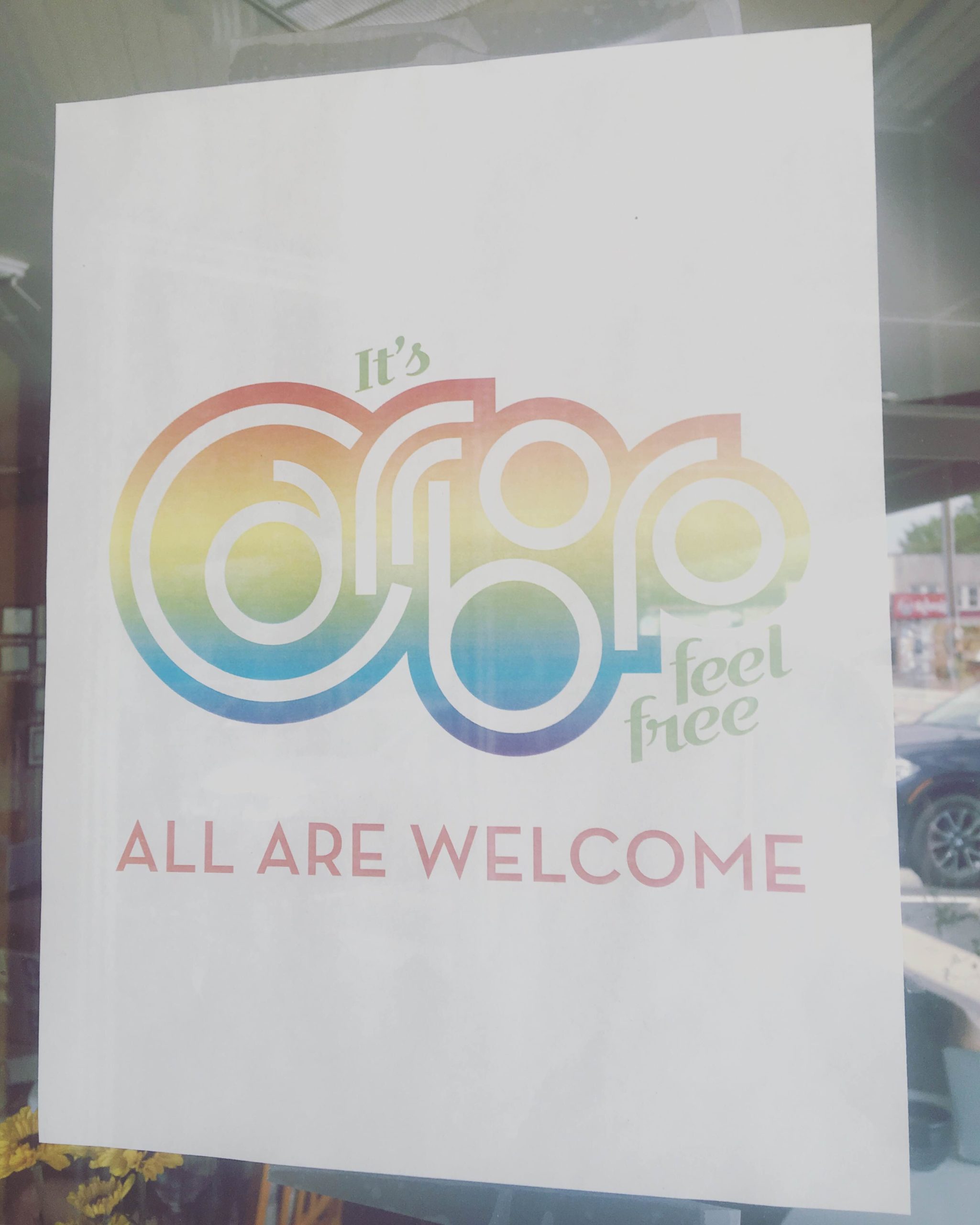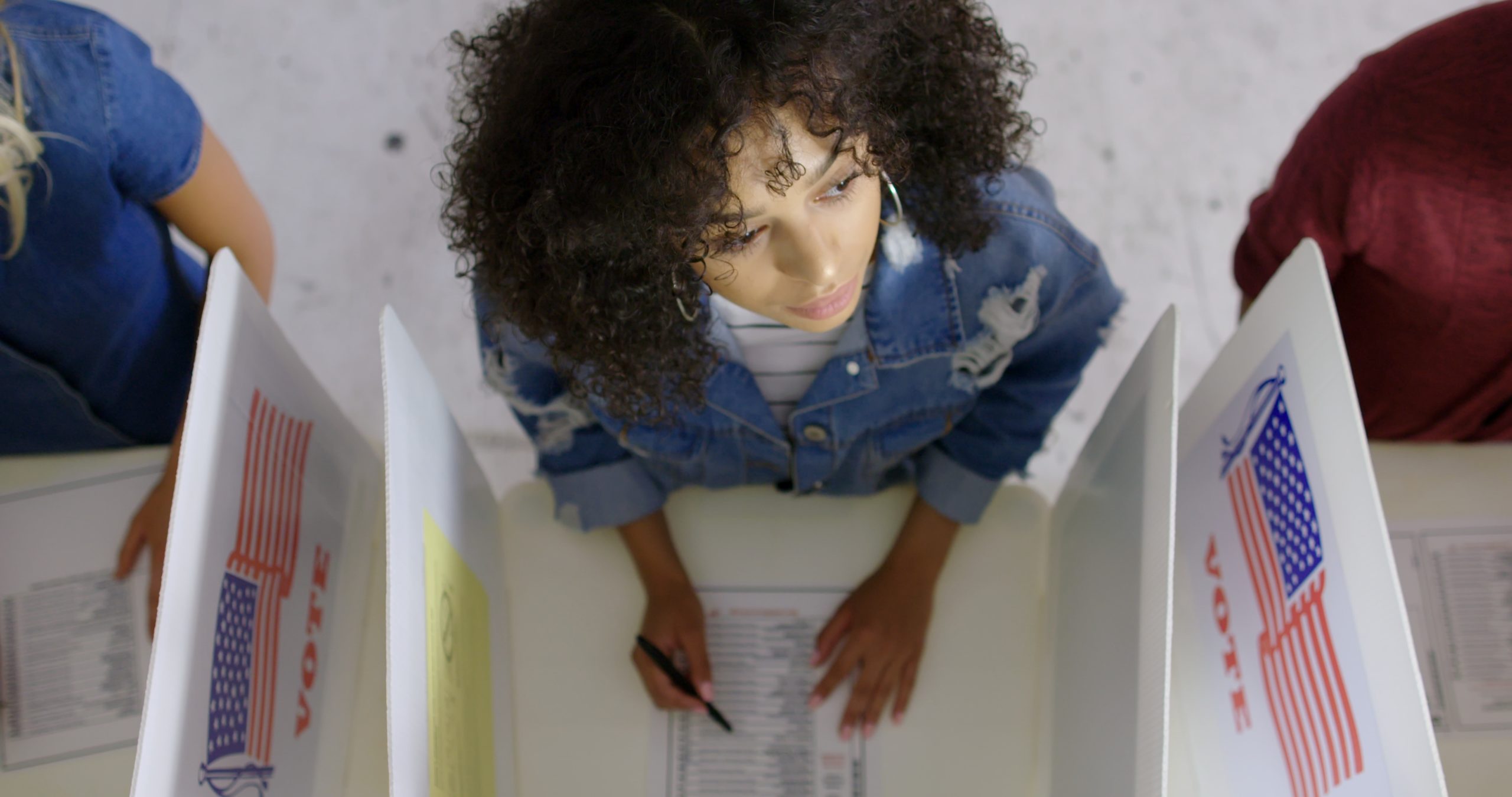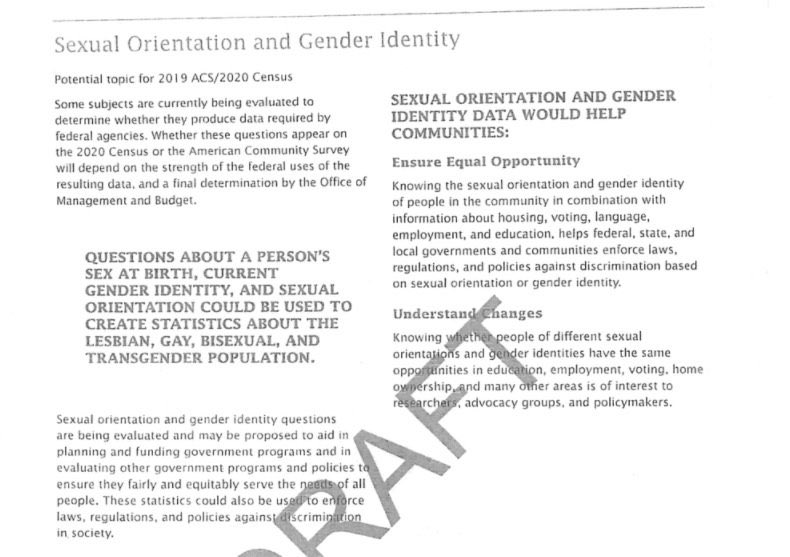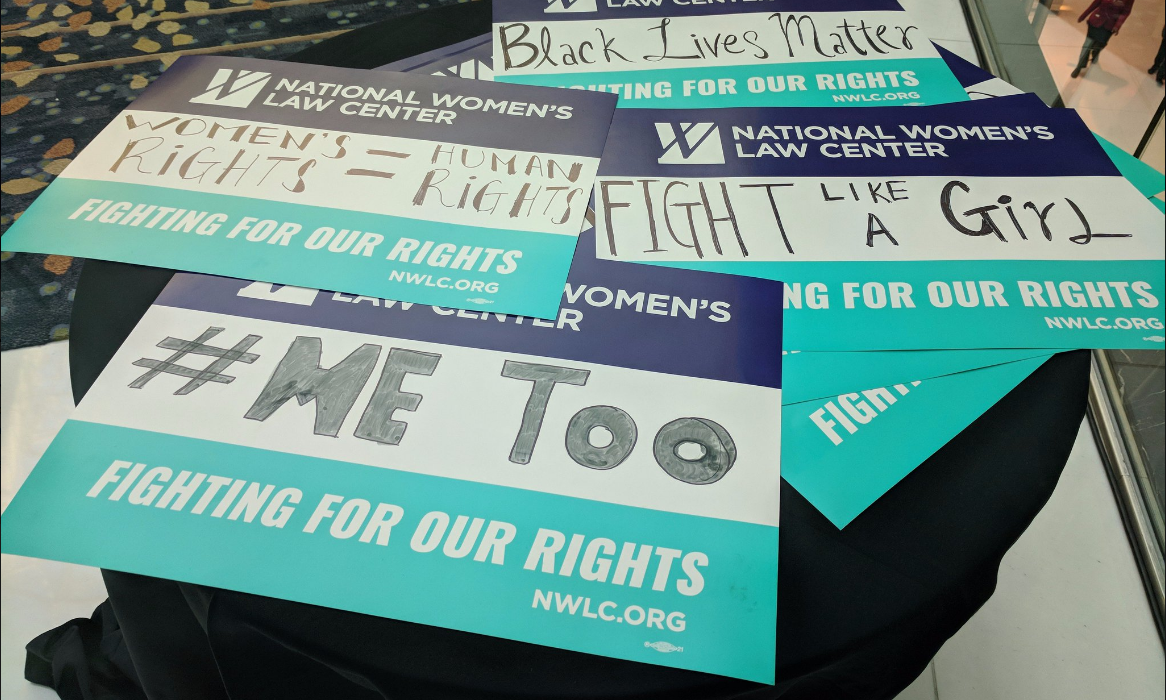Abortion rights, women of color, and LGBTQI+ people are under attack. Pledge to join us in fighting for gender justice.
Businesses Cannot Turn Away LGBTQ Customers by Claiming “Free Speech”
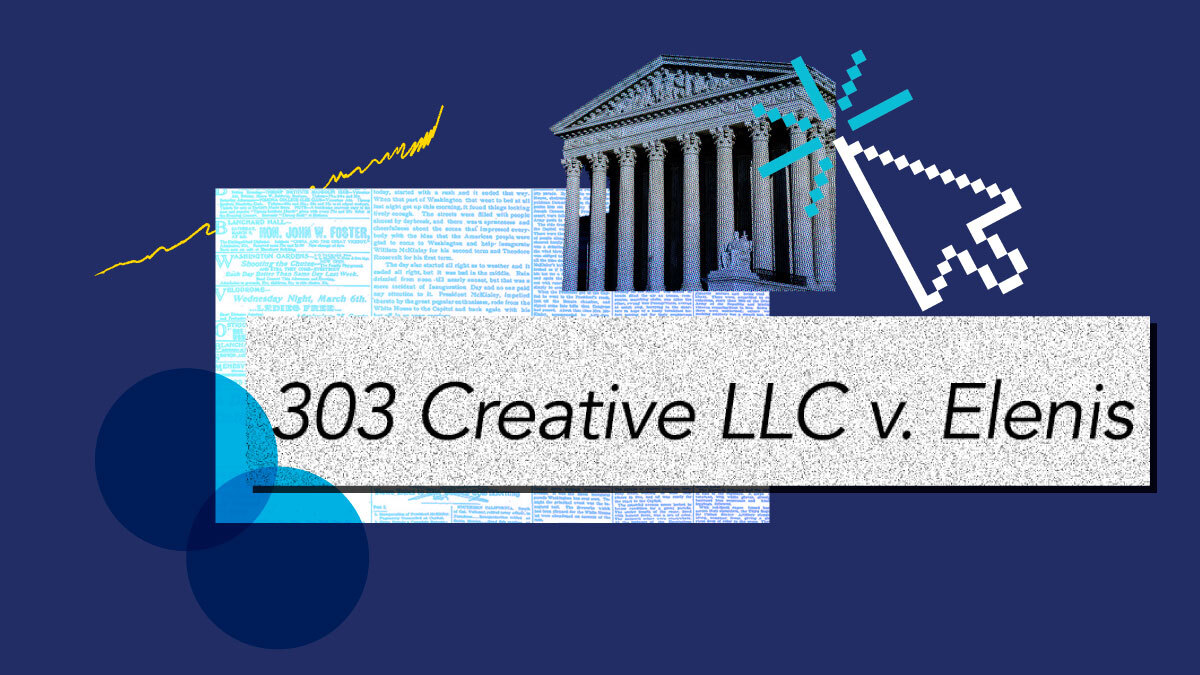
Update: June 30, 2023 – Today the majority on the Supreme Court ruled that a website designer can refuse to provide custom wedding website services to LGBTQ+ couples. This decision, while legally narrow and focused on creative and expressive services, and focused on solely the wedding website service, may be used to embolden some businesses who wish to completely turn away LGBTQ+ or other individuals based on identity. NWLC will continue to fight for LGBTQ+ rights, and the rights of all of us to be free from discrimination, including in the context of public accommodations. We must also urge the U.S. Congress to pass the Equality Act to provide more explicit federal rights for LGBTQ+ people in many critical contexts.
***
On August 19, 2022, the National Women’s Law Center (“NWLC”) led an amicus brief alongside our law firm partner, Covington & Burling LLP, and 35 additional advocacy organizations in 303 Creative LLC v. Elenis, which will be heard by the U.S. Supreme Court this fall. NWLC filed in support of the respondent, the State of Colorado, and its state civil rights law, the Colorado Anti-Discrimination Act (“CADA”). CADA prohibits businesses that serve the public from discriminating against customers on the basis of protected characteristics, like race, sex, sexual orientation, national origin, or disability. Public accommodations laws like CADA are fundamental to promoting equal access and participation for all, including women, people of color, and LGBTQ people.
The Case
303 Creative LLC is a company that provides graphic design and website design services to the public. The company’s owner, Lorie Smith, says she wants to expand her business to offer wedding website design services, but only if the company can deny these services to LGBTQ couples and announce on its website that it plans to turn away LGBTQ couples. Because they know these actions would be illegal under CADA, Smith and 303 Creative brought this lawsuit to challenge the law, arguing that being required to design wedding websites for LGBTQ couples would violate their First Amendment rights. The lower courts rejected these arguments and upheld the Colorado law. The only issue on appeal before the Supreme Court is whether CADA violates the First Amendment’s Free Speech Clause.
If this case sounds familiar, you’re probably thinking of the Supreme Court case from 2018, Masterpiece Cakeshop v. Colorado Civil Rights Commission, which dealt with a bakery owner who refused to sell wedding cakes to same-sex couples. (NWLC also filed an amicus brief in that case.) The Supreme Court’s decision to even hear the 303 Creative case seems to suggest a willingness from at least some Justices to revisit the issues that Masterpiece left undecided when it avoided the main questions and ruled for the baker only based on the specifics of how his case was handled by the Colorado agency. Because of the fundamental rights at stake, including for LGBTQ people, people of color, and women, NWLC filed an amicus brief in the case, urging the Supreme Court to affirm the federal appeals court’s decision and hold that no one should be turned away from the public marketplace because of who they are or who they love.
Our Amicus Brief
NWLC’s amicus brief highlights the importance of public accommodations laws, which prohibit commercial businesses that choose to sell goods or services to the public from turning away customers based on their race, sex, sexual orientation, disability, national origin, or other protected characteristics. Women, especially LGBTQ women and women of color, have long faced discrimination and exclusion from public places and the marketplace. As one part of correcting this history of discrimination, public accommodations laws, like CADA, are fundamental to combatting the profound economic and dignitary harms associated with being turned away from goods and services that are otherwise available to the public. Since the Civil Rights Movement, the Supreme Court has consistently upheld the application of these public accommodations laws in the face of free speech challenges, and there is no reason for the Court to abandon its precedents now.
NWLC’s brief focuses on the harms to women, especially LGBTQ women and women of color, that would result if 303 Creative were allowed to discriminate against customers based on sexual orientation. The First Amendment’s Free Speech Clause does not exempt businesses from compliance with public accommodations laws and the Court should not create a new exemption because it would be impossible to cabin and would threaten decades of progress. A ruling by the Court for 303 Creative could undermine a huge swath of existing legal protections that prohibit discrimination, and would likely extend beyond sexual orientation, wedding-related services, so-called “creative” businesses, and websites. Such a ruling could allow any businesses owner to deny service to any customer based on their identity, no matter the reason. This result would be unacceptable and would take us back to the days of businesses with signs saying which groups are and are not welcome.
303 Creative’s intent to single out and deny wedding website services to LGBTQ couples starkly recalls the days of racially segregated lunch counters and an era of exclusion of women from the public sphere. Our brief urges the Supreme Court to follow its own precedents and uphold Colorado’s civil rights law, preserving decades of civil rights progress.


